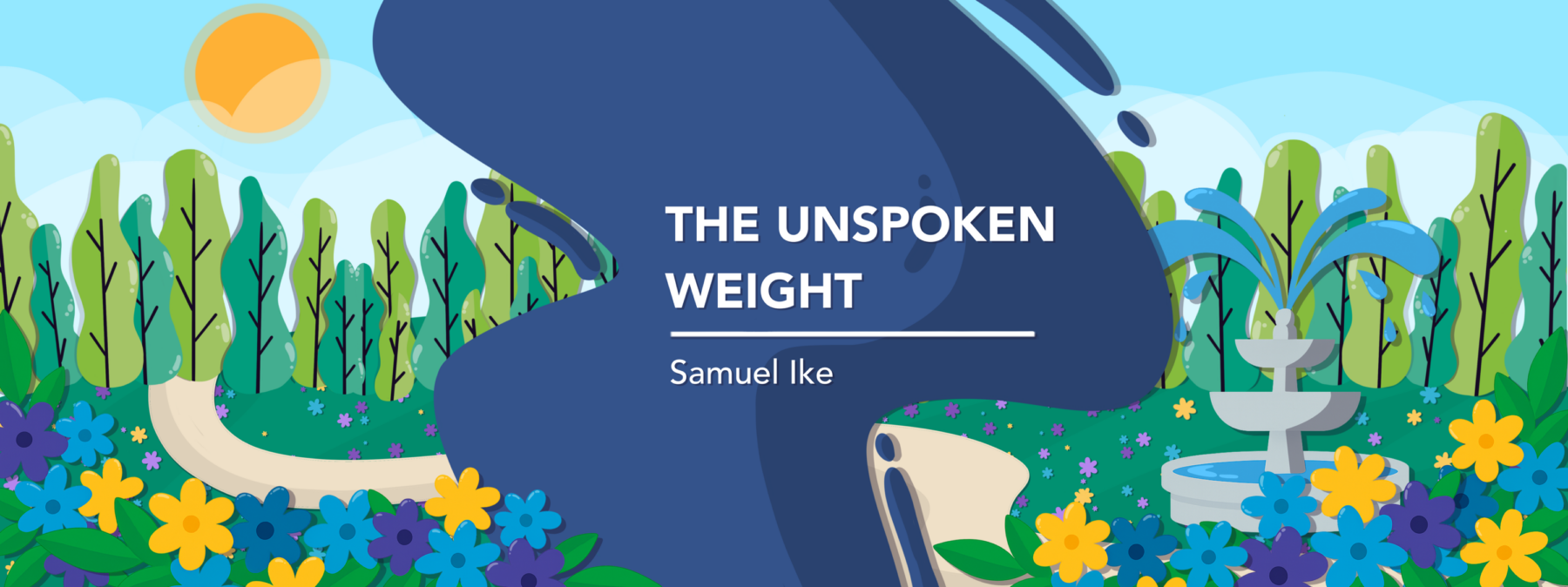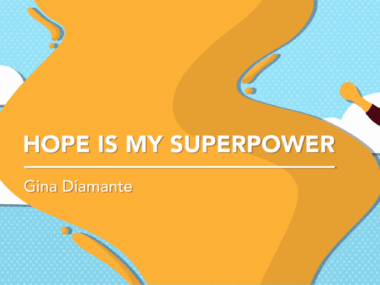Becoming a caregiver meant adopting a new vocabulary
Some words have changed meanings or disappeared from my lexicon
Written by |

Ever since my mum was diagnosed with myeloma, I’ve had to rewrite my vocabulary.
My days are no longer filled with deadlines and projects, but rather neutrophil levels and platelet counts. Acronyms such as “CRAB” (the diagnostic criteria for myeloma) and drug names that sound similar to galaxies far away — think lenalidomide, daratumumab — are the building blocks of my current lexicon. It’s obvious that I now speak a new language — one of survival.
I am no longer just a son to my mum. I am now a scheduler, a translator, an advocate, and a caregiver.
I’m not going to flash an ID or business card with any of those titles boldly written on it. However, they describe me during all of my waking moments. The titles are necessary and functional, but they often threaten to eclipse the softer words that I previously used to define who I was and what I did.
I’ve also noticed that some words are absent from this new language that I speak: “retirement,” “carefree,” “spontaneity,” and “vacation,” for example. I once used these words often. But now? They feel like relics from a past life, like part of a strange dialect I don’t speak fluently anymore.
The meaning of “future” has also changed. In the past, it meant tomorrow, a horizon in the distance, a rainbow anyone could expect. But today? The future means the next appointment, the next scan, the next cycle — and hope that my mum’s health will become more stable despite so much fragility and unpredictability.
The most important word
I’ve observed that, embedded in all the logistical titles and clinical terms I use today, there’s a particular word that has become an anchor for me: That word is “still.”
My mum is still here. We still laugh. I still remember how to be a child to her, not just her caregiver, for moments that are precious. For some, “still” might seem like an insignificant word. But for me, it contains an entire universe of hope.
The mantra: Our world is shaped by our words. We should consciously and deliberately select the words that grant grace, both to our loved ones and ourselves.
I never would’ve chosen this vocabulary of care, but it’s the one I must now speak. I’m learning to discover new poetry inside it. This has nothing to do with fantastic plans or grand schemes, but rather simple moments that I treasure. It’s a language where the most beautiful word I know is “still.”
Note: Rare Cancer News is strictly a news and information website about the disease. It does not provide medical advice, diagnosis, or treatment. This content is not intended to be a substitute for professional medical advice, diagnosis, or treatment. Always seek the advice of your physician or other qualified health provider with any questions you may have regarding a medical condition. Never disregard professional medical advice or delay in seeking it because of something you have read on this website. The opinions expressed in this column are not those of Rare Cancer News or its parent company, Bionews, and are intended to spark discussion about issues pertaining to rare cancer.




Leave a comment
Fill in the required fields to post. Your email address will not be published.